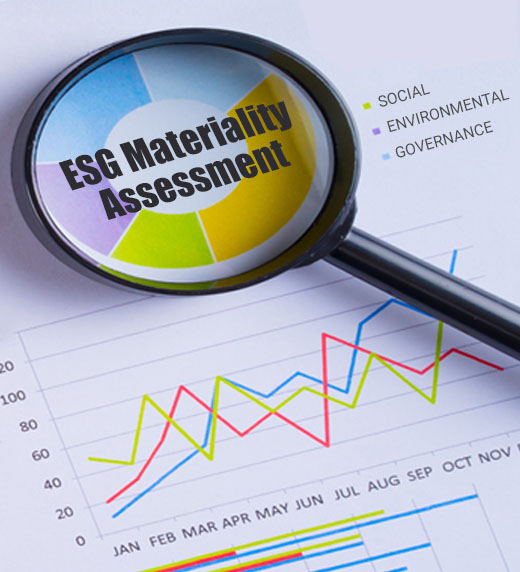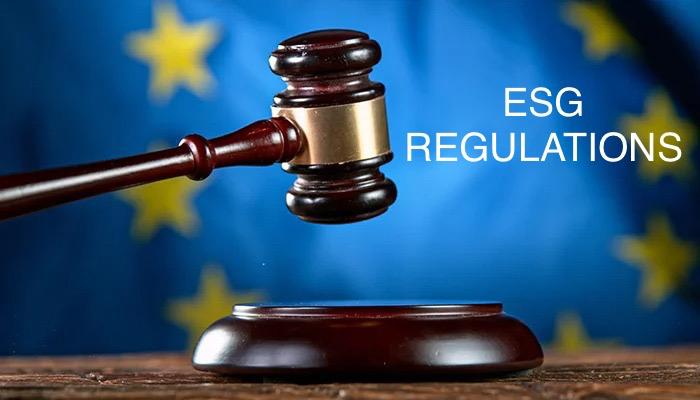Category: ESG
-

What is materiality assessment and why is it important for your ESG Reporting?
Following the enactment of the Corporate Sustainability Reporting Directive (CSRD) and companies are required to make their 2024 reports under the European Sustainability Reporting Standards (ESRS) in 2025, many companies in the European Union are preparing for ESG reporting. But how do companies decide what to report on? How do they prioritize the most relevant…
-

The Corporate Sustainability Reporting Directive (CSRD).
The Corporate Sustainability Reporting Directive (CSRD) is a new EU sustainability legislation that sets out environmental, social, and governance (ESG) reporting requirements for companies in the EU. It was adopted on 21st April 2021 in line with the EU Green Deal and entered into force on 5th January 2023. It repeals the Non-Financial Reporting Directives…
-

The Most Important ESG-Related Legislation You Need to Know
Having discussed what ESG and Sustainability are, it is important to know some of the most important regulations that guide ESG reporting considering that ESG reporting is not only a voluntary practice but also a regulatory requirement in many jurisdictions. There are various pieces of legislation that affect how organizations operate and report on ESG…
-
How to Make ESG Work for Your Business
Despite the challenges that ESG poses for companies, there are also ways to overcome them and make ESG work for your business. Here are some tips on how to do so: • Align your ESG strategy with your business strategy: Your ESG strategy should be aligned with your overall business strategy, vision, mission, values, goals,…
-
The Challenges of ESG for Companies
While ESG can bring many benefits to companies, it also poses some challenges that need to be addressed. Some of the challenges are: • Lack of standardization and comparability: There are many different frameworks and standards for ESG reporting, such as GRI Standardshttps://www.thecorporategovernanceinstitute.com/insights/news-analysis/what-is-esg-and-why-is-it-important/, SASB Standardshttps://www.esgthereport.com/what-are-the-benefits-of-esg-for-companies/, TCFD Recommendations, EU Taxonomy Regulation, etc. These frameworks and standards…
-

The Importance of ESG to Businesses
ESG reporting is a way of disclosing how a company manages its impacts and risks on the natural environment, society, and its own governance structure. But why is ESG important for companies in the 21st century? What are the benefits and challenges of ESG reporting? How can companies implement ESG effectively and efficiently? In this…
-

Addressing the 3 Pillars of ESG
ESG stands for environmental, social, and governance, and it denotes the three pillars which are the topic areas that organizations typically report on. In this blog post, I will explain what each pillar of ESG means and provide some examples of how organizations can address them. EnvironmentalThe environmental pillar covers the impact of an organization’s…
-

The difference between ESG and Sustainability
What’s the difference between ESG and sustainability? In recent years, there has been a growing interest and awareness among businesses, investors, consumers, and regulators about sustainability and the environmental, social, and governance (ESG) impacts of corporate activities. While both terms overlap and have been used interchangeably, they have different scopes and focuses. Below are some…
-

Understanding Sustainability: From Origin to Corporate Sustainability and ESG
Sustainability is a word that we hear a lot these days, but what does it really mean? And how does it relate to the business world? The ‘concept of sustainability’ is not new. It is an ‘old concept’ that can be traced back to ancient times when some cultures and civilizations recognized the importance of…